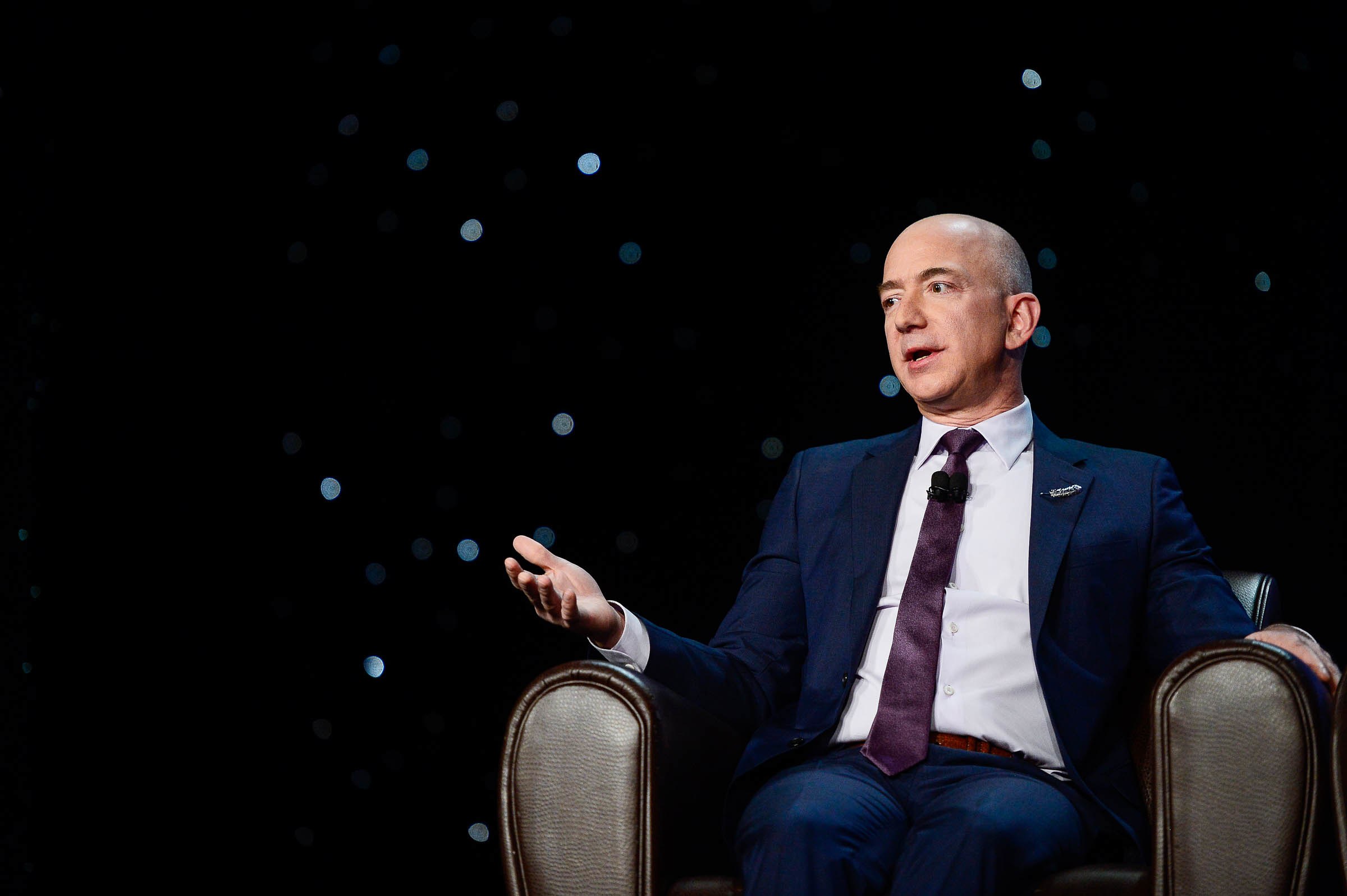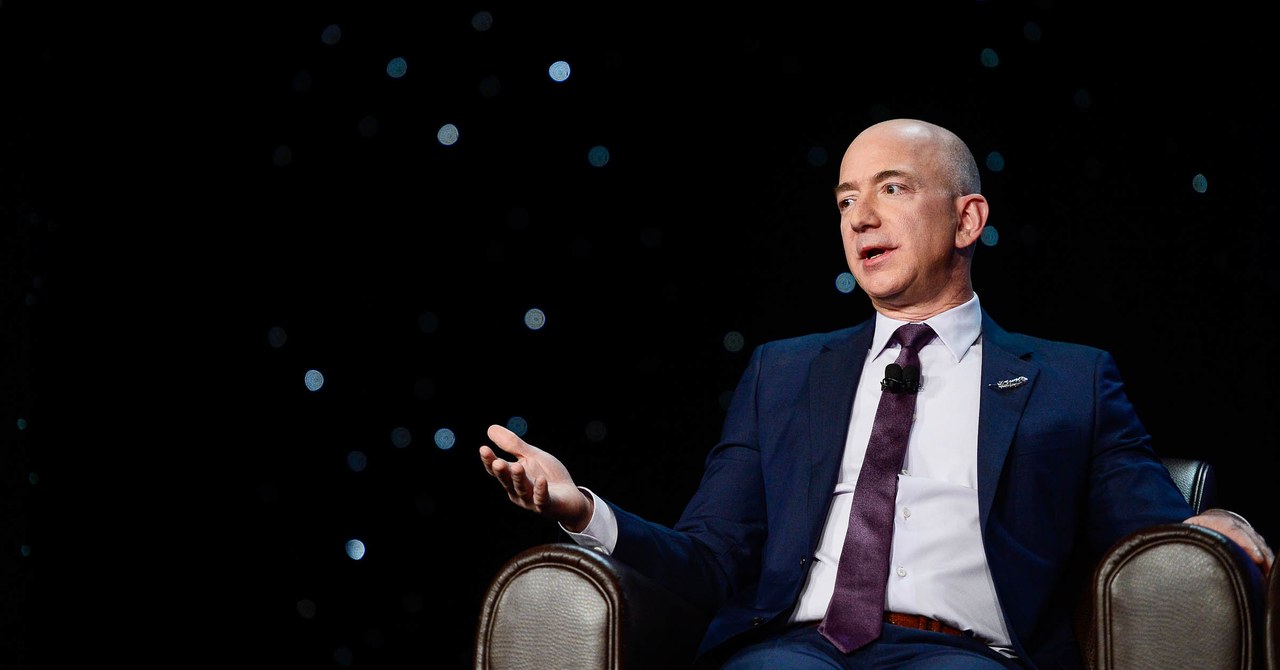

It means he gets to decide what issues and projects may be prioritized over others. For example, it’s not clear if Bezos will be willing to fight the fossil fuel industry directly, which Amazon counts as an important customer. When Bezos announced an ambitious new plan for his company to reduce its carbon footprint in September, the CEO said Amazon’s cloud-computing division would nonetheless continue working with oil and gas providers.
“Anyone who’s serious about taking on climate change has to be serious about taking on the fossil fuel industry, because they’re the ones blocking progress,” says Bill McKibben, a prominent environmentalist and the founder of the climate change organization 350.org. For the Amazon CEO to directly oppose his counterparts in another industry, McKibben added, “That would require a kind of class betrayal on Bezos’ part—it will be interesting to see if he’s capable of it.”
Is there something you think we should know about the Bezos Earth Fund? Email the writer at louise_matsakis@wired.com. Signal: 347-966-3806. WIRED protects the confidentiality of its sources, but if you wish to conceal your identity, here are the instructions for using SecureDrop. You can also mail us materials at 520 Third Street, Suite 350, San Francisco, CA 94107.
Nearly every researcher WIRED spoke to emphasized they wanted Bezos to take a hands-off approach, refraining from letting his ego dictate where the money goes, as plenty of rich men have in the past. Some worried that Bezos, a billionaire enthralled by space travel, might focus on flashy futuristic innovations rather than what can be done quickly to stall the planet from getting hotter.
“Will Bezos truly be wise and humble and put this money in the hands of people who have really been thinking about this a long time or not? I don’t know,” says Jonathan Foley, an environmental scientist and the executive director of Project Drawdown, which studies solutions to climate change. “But the potential is high.”
Foley thinks the Bezos Earth Fund invest quickly in solutions that already exist today. Millions of natural gas furnaces across the country could be replaced with energy efficient heat pumps, for example, or harmful gas leaks could be plugged. “If Bezos could focus $10 billion on critical technologies that are available right now, he could make them scale, he could make them cheap, he could make them widespread,” says Foley. “Now is better than new.”
Leah Stokes, a professor studying climate and environmental politics at the University of California, Santa Barbara, hopes Bezos uses the funds to strategically involve governments, which Amazon would benefit from, too. New public infrastructure projects could help to optimize its logistics networks for delivering packages, for example. There are also plenty of more fundamental benefits. “If you think about these big Silicon Valley companies, they’re all on the coast,” says Stokes. “They’re all going to be affected by sea level rise, that’s not going to be good for their corporations.”
Climate change, in many ways, is a structural issue. Solving it will require cooperation on a global scale, and sacrificing short-term benefits for the broader future of humanity. “We need to think about why we’re facing such a dire climate crisis in the first place,” says Justin Farrell, a sociology professor at Yale University and the author of the forthcoming book Billionaire Wilderness: The Ultra-Wealthy and the Remaking of the American West. “Who has benefited from the destruction of the Earth and the climate?”
More Great WIRED Stories
read more at https://www.wired.com/latest by Louise Matsakis
Tech









